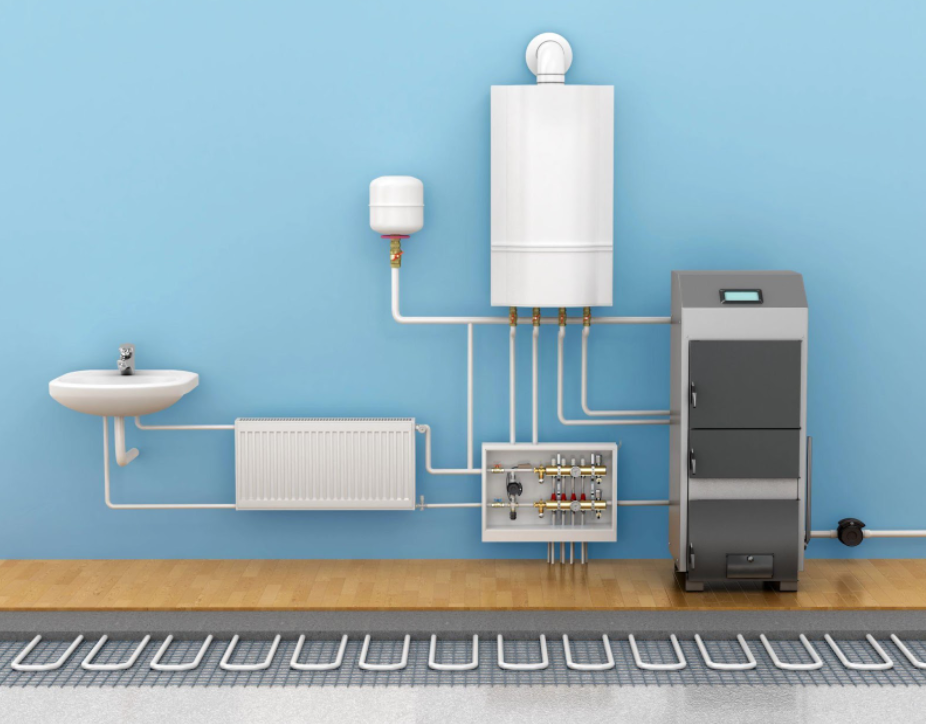A well-maintained hot water system isn’t just a luxury; it’s a necessity for ensuring efficiency and peace of mind. Proper maintenance can result in significant cost savings and extend the system’s lifespan, keeping your home comfortably warm while lowering those energy bills. Neglecting routine maintenance often leads to common issues such as increased energy consumption and a frustratingly reduced hot water supply. The goal here is simple: by following these actionable tips, you’ll keep your hot water system in tip-top shape and running at peak performance.
Understanding Your Hot Water System
Your hot water system is an essential part of your home, providing on-demand hot water for showers, washing, and more. Understanding the kind of system you have is crucial. There are various types, including tankless systems, storage tanks, and solar hot water systems, each with its unique characteristics and maintenance needs. Tankless systems, for instance, are compact and energy-efficient, heating water directly without the storage tank. Then there’s the traditional storage tank system, which heats and stores a certain amount of water ready for use. Solar hot water systems, on the other hand, harness the sun’s energy to heat your water.
Each system has distinct maintenance requirements. For tankless systems, descaling is vital as mineral build-up can damage internal components. Storage tank systems benefit from regular sediment flushing to prevent efficiency loss. Knowing the age of your system and following the manufacturer’s maintenance guidelines is important to ensure longevity and performance.
Regular Inspection and Cleaning
One of the best ways to maintain your hot water system is through regular inspection and cleaning. Begin by checking the tank and surrounding areas for any leaks or signs of damage. Leaks can often lead to more significant problems if left unattended. Sediment build-up at the bottom of your tank can reduce efficiency, so flushing the tank periodically is a smart move. To do this, you’ll need to turn off the system first, attach a hose to the drain valve, and let the water run until it clears.
Don’t forget the external components like vents and filters. Keeping these clean ensures proper airflow, which is key to maintaining the system’s efficiency. Lastly, check for signs of corrosion and scaling. If you notice any, it may be time to call a professional to address these issues before they escalate.
Temperature and Pressure Maintenance
Maintaining the right temperature and pressure settings on your hot water system is vital for safe operation and efficiency. The optimal temperature is usually around 60 degrees Celsius, which is hot enough to minimise bacterial growth but not so hot as to cause scalding or increased energy use. Your system’s pressure relief valve is paramount; it releases water if the pressure becomes too high, preventing potential bursting of the tank.
To test the valve, simply lift or depress the handle and ensure water flows out; if not, it might be faulty and require attention. Installing a temperature gauge, if your system lacks one, helps monitor the temperature effectively. Keeping these elements in check allows your system to operate smoothly.
Insulation and Energy Efficiency
Insulation is an effective way to enhance the energy efficiency of your hot water system. By insulating your hot water tank and pipes, you reduce heat loss significantly, keeping the water hotter for longer without additional energy input. DIY insulation kits are available for those handy with home projects, while professional services offer more comprehensive solutions.
Adjusting energy-saving settings, such as lowering the thermostat during warmer months, helps maintain system efficiency. Consider investing in technologies like timers and smart thermostats, which optimise energy consumption based on your lifestyle. Seasonal adjustments, such as regulating water temperature with the changing weather, can further boost efficiency, ensuring that your hot water system is economical year-round.
Professional Checks and Servicing
While DIY maintenance is crucial, scheduling regular professional servicing is equally important. Professionals conduct thorough checks that go beyond the surface, identifying potential issues that a layperson might miss. Such servicing usually includes inspecting and cleaning the system, checking electrical connections, and replacing worn-out parts.
Be alert for signs like unusual noises or rusty water, which might indicate underlying problems needing immediate attention. Finding a reliable maintenance service can be daunting, but recommendations, reviews, and certifications are good indicators of quality. Remember, professional servicing not only prevents costly repairs down the line but also extends the hot water system lifespan.
Conclusion
In conclusion, a little care and upkeep can significantly enhance your hot water system’s performance and efficiency. Regular inspection, temperature and pressure maintenance, and insulation are all practical measures that save energy and money. A proactive approach, combining DIY tasks with periodic professional servicing, ensures a reliable, efficient hot water supply. It’s time to start implementing these tips and enjoy the comfort of a well-maintained hot water system, keeping those showers warm and those energy bills under control.



